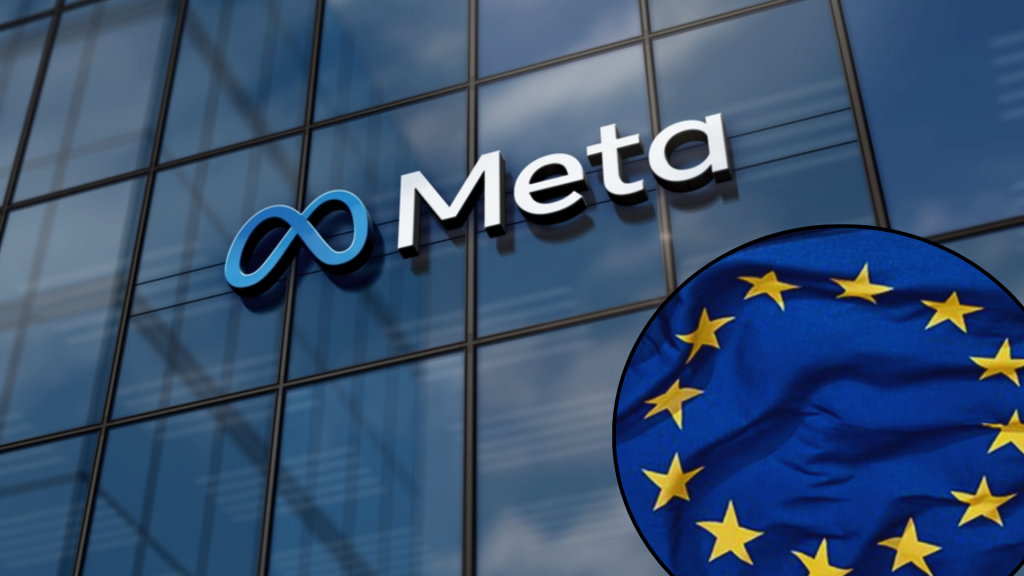Meta’s AI strategy is under fire in Europe.
Others are reading now
Meta’s plan to use personal data to train its AI models without user consent is under fire in Europe.
Advocacy group NOYB (None of Your Business) has called on privacy enforcers across Europe to stop Meta from implementing recent changes to its privacy policy, which take effect on June 26.
These changes would allow Meta to use personal posts, private images, and online tracking data for its AI technology.
NOYB’s Legal Action
NOYB has launched 11 complaints against Meta and has asked data protection authorities in Austria, Belgium, France, Germany, Greece, Italy, Ireland, the Netherlands, Norway, Poland, and Spain to initiate urgent procedures due to the imminent policy changes.
Also read
As reported by Reuters, NOYB argues that Meta’s use of personal data without explicit consent violates privacy laws.
Meta’s Defense
Meta rejected NOYB’s criticism, referring to a May 22 blog post where it stated that it uses publicly available and licensed information, as well as data shared publicly by users, to train AI models.
A spokesperson for Meta said, “We are confident that our approach complies with privacy laws, and our approach is consistent with how other tech companies are developing and improving their AI experiences in Europe.”
Messages sent to Facebook users indicated that Meta might still process information about non-users if they appear in images or are mentioned in posts shared by users.
Legal and Ethical Concerns
NOYB founder Max Schrems pointed out that the European Court of Justice (CJEU) had already ruled in 2021 that Meta does not have a “legitimate interest” to override users’ data protection rights for advertising purposes.
Schrems argued that Meta is using similar arguments for training AI, which he believes is contrary to the court’s rulings.
He criticized Meta’s opt-out process as overly complicated and insisted that the law requires opt-in consent.
“Shifting the responsibility to the user is completely absurd. The law requires Meta to get opt-in consent, not to provide a hidden and misleading opt-out form,” Schrems stated. “If Meta wants to use your data, they have to ask for your permission. Instead, they made users beg to be excluded.”
NOYB’s complaints, if upheld, could result in fines under the EU’s General Data Protection Regulation (GDPR), which allows for penalties up to 4% of a company’s total global turnover for violations.








